Introduction:
Welcome to Coconut Chronicles, where we celebrate the unparalleled versatility and rich flavor of one of nature's most cherished treasures: the coconut. In this blog, we'll embark on a culinary adventure exploring the myriad ways this versatile ingredient can transform your kitchen creations, from savory dishes to sweet treats and everything in between. Get ready to unlock the full potential of the coconut and elevate your culinary repertoire to new heights!
The Coconut: A Culinary Wonder:
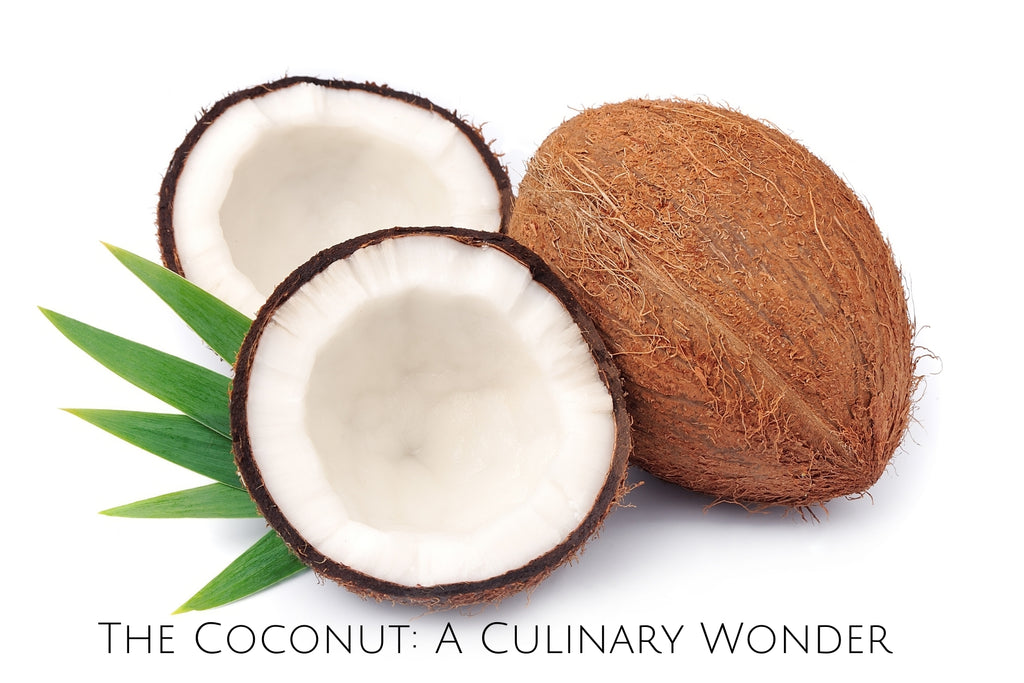
Sure! The coconut, a versatile fruit that has been a staple in tropical cuisine for centuries, is a true culinary wonder. Its unique flavor and form have earned it the nickname "tree of life" in many cultures.
Beyond the Beach:

While coconuts are often associated with tropical vacations and refreshing drinks, they offer so much more than just delicious beverages. The coconut palm tree is a source of food and drink from root to tip, with nearly every part of the coconut being used in various culinary applications.
Coconut Flesh:
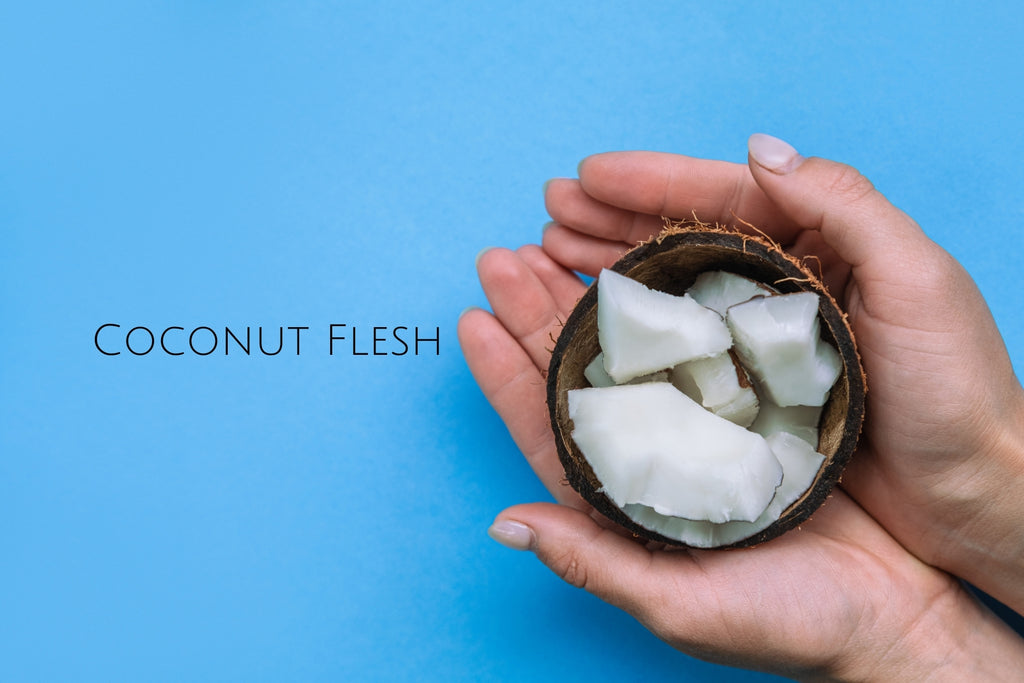
The white, inner flesh of the coconut is not only delicious but also quite versatile. Fresh coconut flesh can be enjoyed raw, chopped into salads, or blended into smoothies for a creamy texture and a tropical taste. Dried coconut flesh, also known as copra, is shredded or flaked and used in various dishes around the world, adding sweetness and a characteristic coconut flavor to baked goods, curries, and desserts. Coconut milk, a creamy liquid made by grating the flesh and squeezing out the milk, is a common ingredient in curries, soups, stews, and beverages.
Coconut Oil:
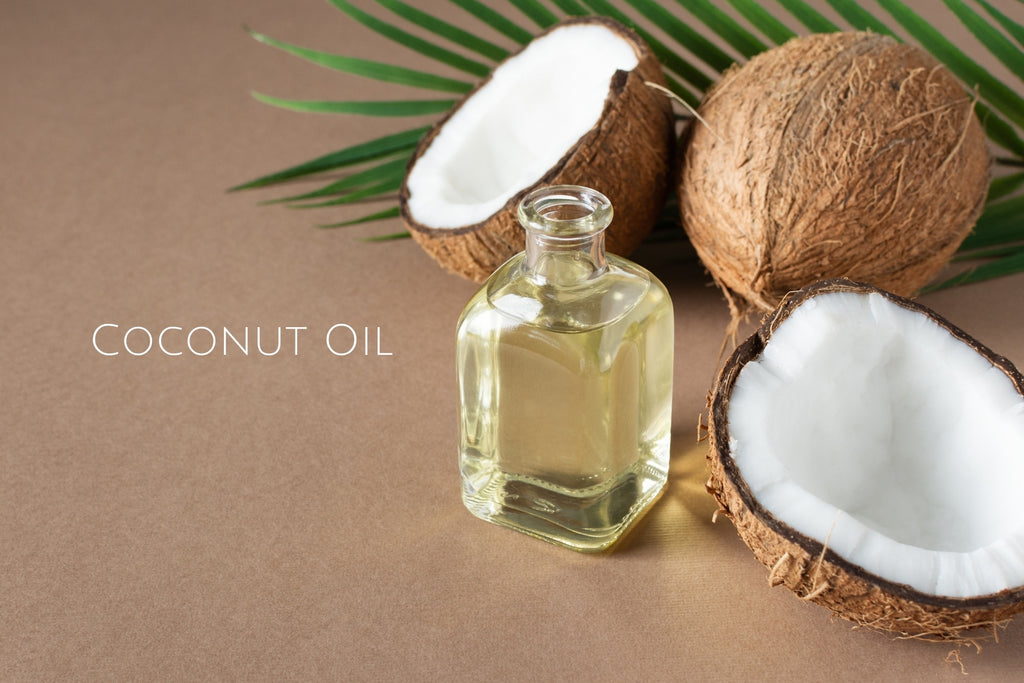
Extracted from the dried kernel, coconut oil is a popular cooking oil with a high smoke point, making it suitable for high-heat cooking like stir-frying. It also adds a subtle sweetness and coconut flavor to savory dishes. Coconut oil is not only used in cooking but also has applications in skin care and hair care products.
Coconut Water:
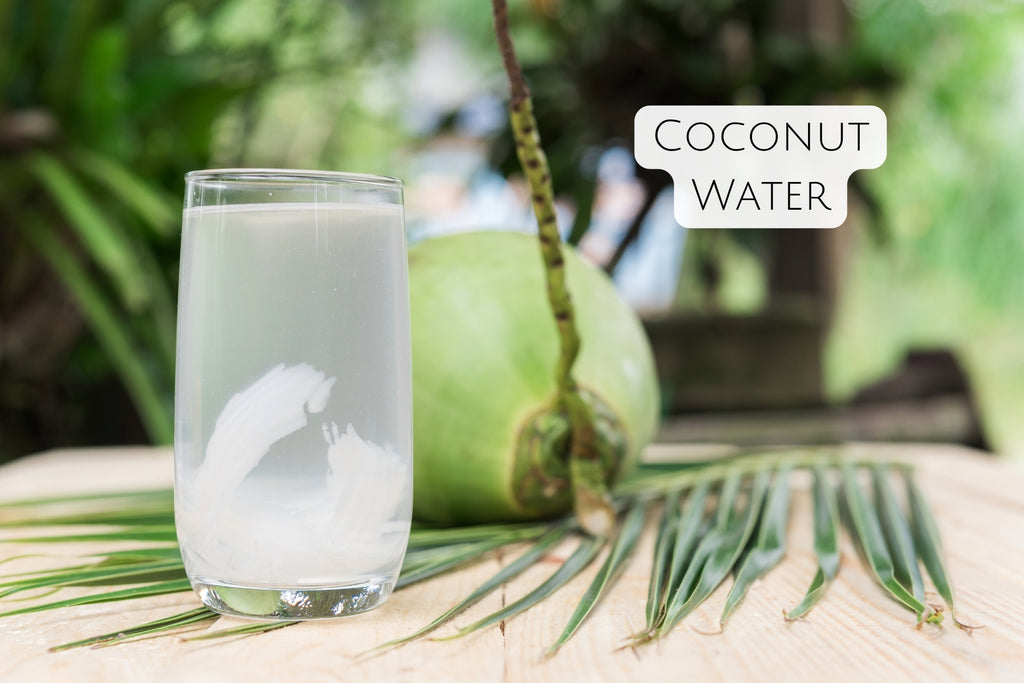
The clear liquid found inside young, green coconuts is known as coconut water. This refreshing beverage is a natural source of electrolytes and is popular for its hydrating properties. Coconut water can be enjoyed plain or used as a base for smoothies and cocktails.
Coconut in Savory Delights:
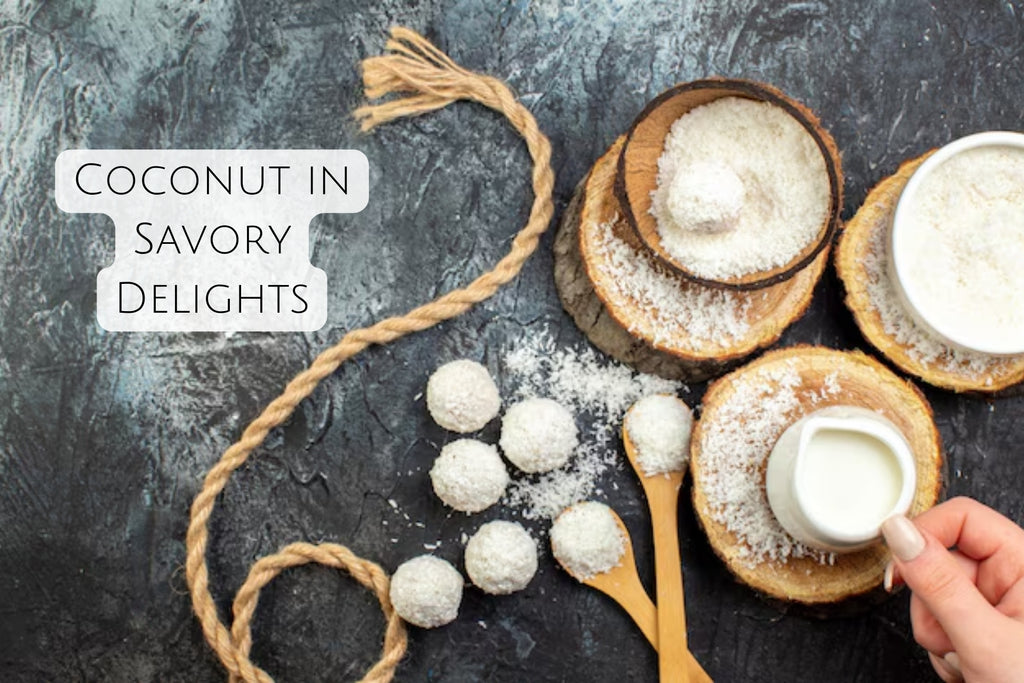
Embracing the Coconut Cream
- Curries Galore: Coconut milk is the magic ingredient in countless curries around the world. From the fragrant Thai curries to the fiery Indian vindaloo, coconut milk adds a creamy texture, mellows spice, and infuses a subtle sweetness that perfectly complements savory ingredients.
- Soups and Stews: Coconut milk adds richness and depth to soups and stews. Caribbean curried chickpeas or a Thai coconut curry noodle soup are just a few examples. Coconut milk can also be used to create creamy bisques or chowders with a unique twist.
- Savory Sauces: Coconut milk forms the base for flavorful savory sauces. Simmer it with chilies, ginger, lemongrass, and aromatics to create a fragrant sauce for seafood, vegetables, or tofu.
The Magic of Coconut Flakes and Shreds
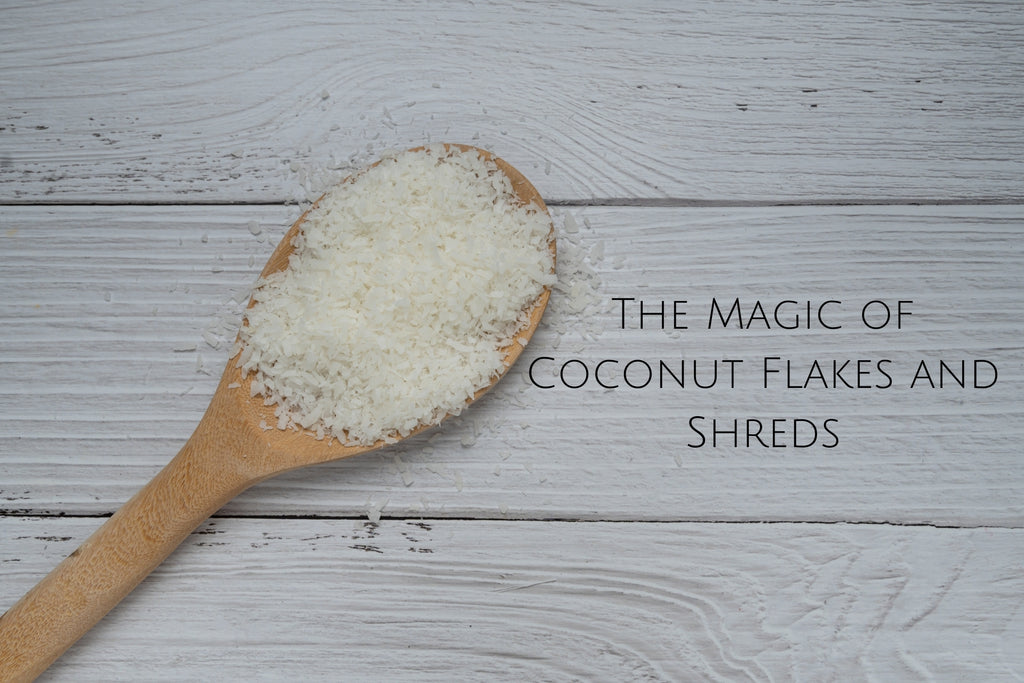
- Crusts and Coatings: Crusted fish or chicken with a mixture of panko breadcrumbs and coconut flakes adds a delightful textural contrast and a hint of coconut flavor.
- Stuffings and Fillings: Elevate your savory stuffing or bread filling with toasted coconut flakes for a touch of sweetness and a delightful crunch.
- Salads with Flair: Toasted coconut flakes add a surprising textural element and a welcome touch of sweetness to savory salads.
- Stir-fries and Vegetable Dishes: Coconut flakes add richness and a subtle sweetness to stir-fries or roasted vegetables. Try them with curried vegetables or a Thai-inspired stir-fry.
Health Benefits of Coconut:

Potential Benefits:
- Heart Health: Studies suggest coconut oil may have some positive effects on heart health. Lauric acid, a primary fat in coconut oil, may help raise HDL ("good") cholesterol levels. However, coconut oil is also high in saturated fat, and the overall impact on heart health requires further research.
- Digestive Health: Coconut flesh is a good source of fiber, which can promote gut health and digestion. Fiber helps you feel full for longer and can aid in regulating bowel movements.
- Blood Sugar Control: Early research suggests that some components in coconut may help with blood sugar management. However, more studies are needed to confirm this and understand the mechanisms at play.
- Antioxidant and Anti-inflammatory Properties: Coconut flesh and oil contain antioxidants that may help protect cells from damage and reduce inflammation. However, more research is required to understand the long-term effects.
Potential Uses:
- Weight Management: While not a magic bullet, some studies suggest that medium-chain triglycerides (MCTs), a type of fat found in coconut oil, may increase feelings of fullness and boost metabolism, potentially aiding in weight management. However, this area requires further research, and a balanced diet and exercise remain crucial for weight management.
- Skin and Hair Care: Coconut oil's moisturizing properties may benefit skin and hair health. Topical application is generally considered safe, but consult a doctor before using coconut oil for skin or hair concerns.
Coconut Cultivation and Sustainability:

The Sunny Side: Why Coconuts Matter
- Economic Powerhouse: Coconut cultivation is a vital source of income for millions of smallholder farmers, particularly in tropical regions. It provides jobs, supports livelihoods, and contributes to local economies.
- Versatile Resource: Every part of the coconut palm finds a use. From the nut itself (food and drink) to the husk (fiber for ropes and mats) and the fronds (building materials), the coconut palm offers a sustainable source of various materials.
- Environmental Benefits: Coconut palms can be beneficial for the environment. Their deep root systems help prevent soil erosion, and they can act as windbreaks in coastal areas.
- Water Use: While generally considered drought-resistant, large-scale coconut plantations can strain water resources in some regions, particularly during dry seasons. Ensuring fair trade practices and ethical treatment of workers is crucial for a sustainable industry.
Conclusion:
As we conclude our journey through the flavorful world of coconuts, we hope you're inspired to embrace this versatile ingredient and infuse your kitchen with its tropical allure. Whether you're exploring savory delights, indulging in sweet treats, or reaping the health benefits of coconut, let your culinary adventures be guided by the rich flavors and nourishing properties of this beloved fruit. Here's to coconut-filled kitchens, vibrant flavors, and endless culinary possibilities!

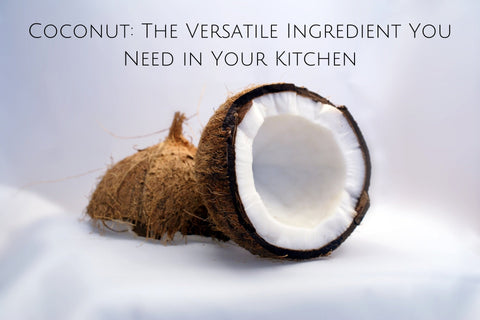
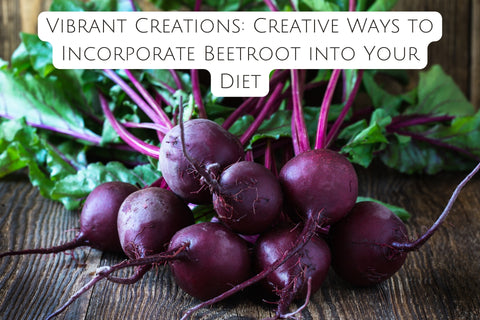

Comments (0)
There are no comments for this article. Be the first one to leave a message!